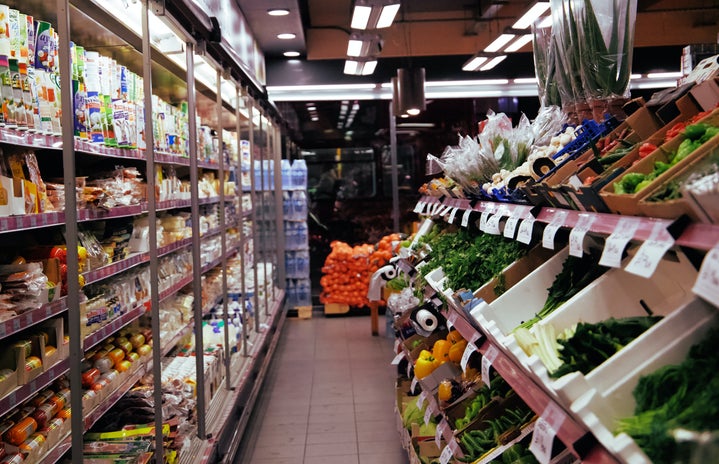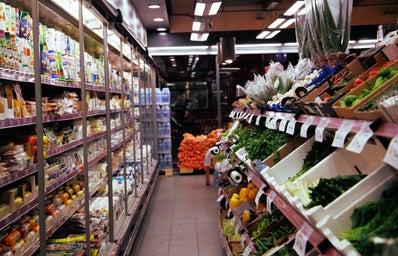Even prior to the COVID-19 pandemic, food insecurity on college campuses was a major problem. Many students found themselves forced to decide between paying for their tuition or for their food.
With COVID-19 leading to a higher rate of unemployment, college students are among the first to be laid off, contributing to a greater percentage of students struggling financially. Additionally, due to COVID-19, some campuses were not open for parts of this past year, denying students access to on-campus food resources.
Food insecurity is defined as having to skip a meal due to a lack of money or having the uncertainty of where your next meal is coming from.
According to a Chegg study, almost one-third of college students have missed a meal at least once a week since the start of the pandemic. 35% of students have indicated that hunger has inhibited them from studying at one point. More than half of the surveyed students have used a food bank.
These alarming statistics highlight the harmful and expensive effects of campus hunger.
Food insecurity does not simply mean that these students are hungry or have one less meal to eat. It has ramifications that severely impact mental health, academic performance and their ability to complete college.
However, there are many resources available to college students. Most campuses have food pantries that are accessible to students. Many of these food pantries team up with other local food banks to provide students perishable items and produce as well as dry canned goods.
The University of Florida has an on-campus food pantry. The Hitchcock Field & Fork Pantry allows students to place orders or pick up food twice a week. The process is completely anonymous to all who use it, whether they be students, faculty or staff.
“We assure our guests, potential and current, that accessing emergency services like the Pantry is not a reflector of one’s self worth, nor are they taking resources from someone “more deserving” or “more in need” than themselves.” the website states. “We are open to all.”
Other campuses, like NYU, have meal share programs in which unused meal swipes are donated to students facing food insecurity. Non-profit organizations such as Swipe Out Hunger and Share Meals assist with students’ donations of meal swipes. Low-income students also can be eligible for SNAP benefits with which they can buy food at grocery stores, gas stations or other locations. Due to COVID-19, the qualifications for SNAP benefits have expanded so that any student that is eligible for work-study or has an expected family contribution of zero is eligible for these benefits.


